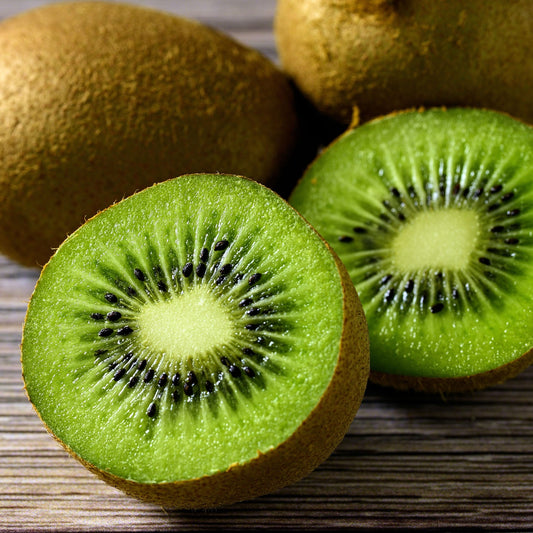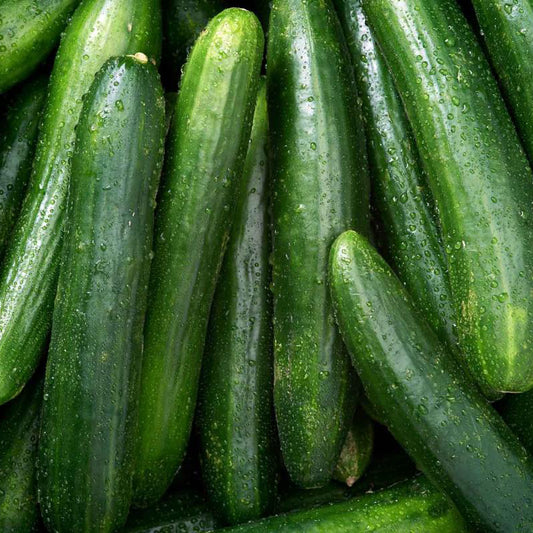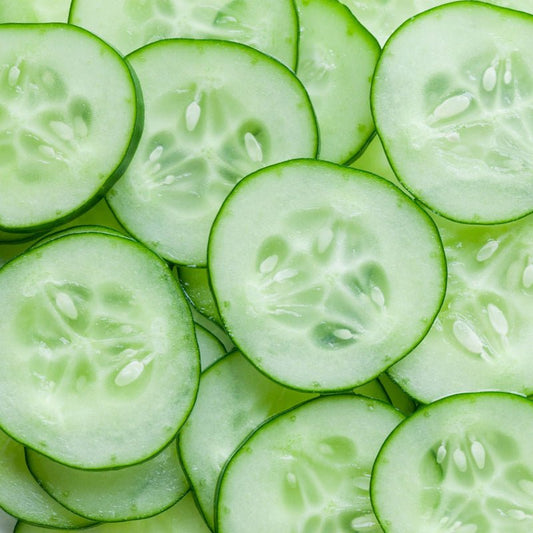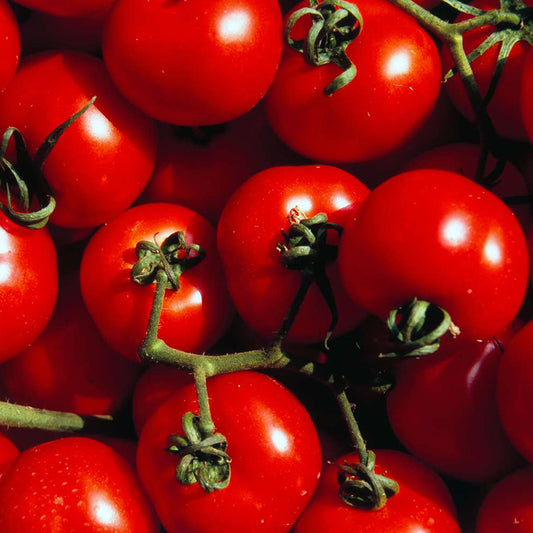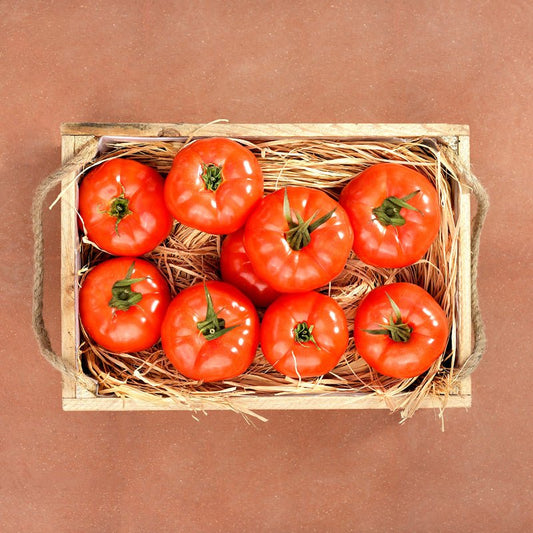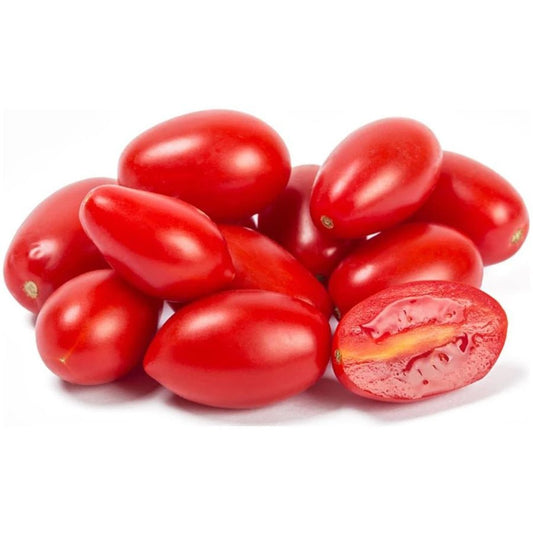In our kitchen we usually have fruits and vegetables that are not intended for immediate consumption. Unfortunately, this happens because we don't have a vegetable garden, so we can freshly cut what we need to consume or use in a recipe!

Apart from knowing the seasonality of fruits and vegetables, it is also important to know how to store each one so that it stays fresh until the moment we need it, keeping its taste and texture.
Good preservance prevents them from deteriorating and saves you unnecessary expense. It is important to take into account climate conditions, which also affect the ripening of food. The more humidity and heat is in the environment, the faster they ripen.
For example, in countries with a Mediterranean climate, such as Greece and generally countries in southern Europe, which have hot summers, lower annual rainfall and frequent sunshine, fruits and vegetables usually ripen quickly. Unlike the countries of Central and Eastern Europe and the countries of Northern Europe, which have a continental climate with warm summers and cold winters, fruits and vegetables ripen gradually at a slower rate and therefore their conservation is longer.
Vegetables: conservation and storage

- Tomatoes
Tomatoes do not need to be refrigerated because in the refrigerator they lose their aroma and their flesh softens. The best way to store tomatoes is to place them on a baking dish with the stems facing up. Please note: never one on top of the other. The tomatoes must not touch each other. Leave a small space of 1 to 2 cm between them. Store them in a shady area in the kitchen.
Depending on how cold and dry environment you live in, tomatoes will be kept for a whole week or more as they ripen slowly.
If the tomatoes are ripening, do not refrigerate them. Grate them in the grater and store them in disposable bags in the freezer. In that way, you will always have fresh grated tomatoes for your cooking. Always serve tomato salad with tomatoes at room temperature as their aroma and taste are much more intense.
- Cucumbers
They can be stored at room temperature and not in the refrigerator because their flesh freezes and softens. Consume them within 1 week.
- Peppers
Store at room temperature for 5-7 days and consume them afterwards. If you put them in the refrigerator, they will lose their freshness and taste. Also, their flesh will become soggy.
- Potatoes
Potatoes want a shady spot as they don't like light and sun. Always store the potatoes at room temperature, separate from the onions and garlic, otherwise green sprouts will appear on them.
- Broccoli, cauliflower, cabbage
They are winter vegetables and they like cold places. You will therefore keep them in your refrigerator in separate food bags where you will make two or three holes to pass the air. Broccoli will keep for one week, cauliflower for 10 days and cabbage for more than 2 weeks.
- Eggplant
Eggplants will keep for up to 2 weeks in the refrigerator, 1 month in the balcony if the temperature is low and at room temperature for about a week.
- Zucchini
If you store them outside of the refrigerator, the storage area should be dark and cool. In the refrigerator, the zucchini are kept whole on the vegetable shelf. Wrap each fruit in a paper or plastic bag that you have pierced so that moisture does not accumulate.
- Leafy vegetables
In the refrigerator we also keep leafy greens and other similar green vegetables. Green vegetables can be washed well and placed in a plastic bag in the refrigerator, as long as they are used within 4 days.

- Oranges & Mandarins
Both fruits are produced in abundance during the winter months on Greek farms. Oranges are kept juicy outside the refrigerator, but cannot withstand room temperature for several days. Plus, they don't want too much light. If you've bought a lot of them, the best way to store them is to put them in the fridge. Tangerines can be stored out of the refrigerator for a week in a cool, dark place and up to three weeks in the refrigerator.
During the winter oranges & mandarins can be kept in a shady place outside the house (on the balcony).
- Lemons
The best way to store lemons for 4-6 weeks is in the refrigerator. If you leave a lemon out of the fridge for a week, you will see it become dehydrated. And this is because it loses its moisture from the pores that he has in its skin.
In Greece during winter, we often leave the lemons outside the house (eg. on the balcony) or in the basement of the house because the maintenance conditions are the same as the refrigerator. Of course, as soon as the weather starts to heat up, we put them in the fridge.
Another way to have lemons all year round is to squeeze a few and put their juice in ice cube trays. Once frozen, transfer the ice cubes to reusable plastic food bags. Whenever you need lemon juice for a recipe, simply put one of these ice cubes in the pot.
- Pears
The ideal is to let them ripen first at room temperature and then put them in the refrigerator, without washing them. They will last at least 1.5 weeks. The general rule is that freshness slows down their ripening and heat accelerates it. Store them in the refrigerator separately from other fruits / vegetables, as they release ethylene which significantly speeds up ripening and shortens the storage days of other vegetables and fruits.
- Avocados
Leave the avocados at room temperature in a paper bag until they are ripe. You can then put them in a bag in the refrigerator to keep them ripe for 3-4 days.
- Κiwis
Ripe kiwi fruits can be stored in the refrigerator for a few days. Those that are not yet ripe can be kept out of the refrigerator for at least 1 week.
- Nectarines & peaches
They are kept in the fruit basket until ripe. Once ripe, transfer them to the refrigerator without washing them. They will last 5-6 days.
- Pomegranates
Pomegranates can be stored wrapped in a paper bag in the lower vegetable and fruit drawer of the refrigerator. Keep away from humidity. They like coolness but not humidity at all. Pomegranates can be stored for several days at room temperature on the counter, away from heat.



